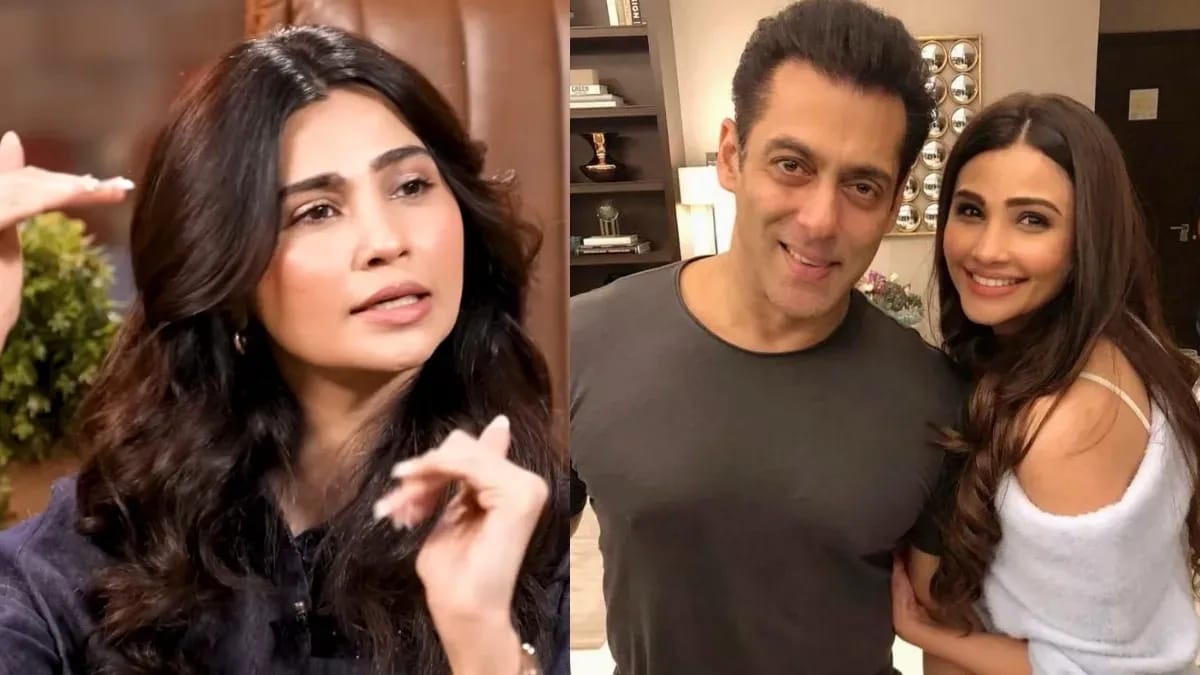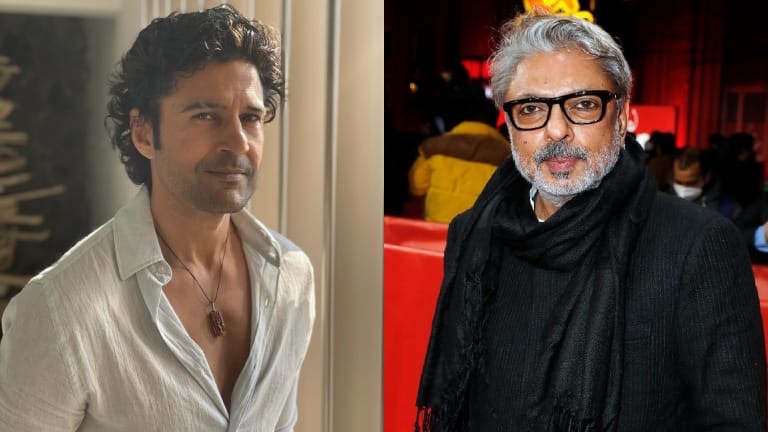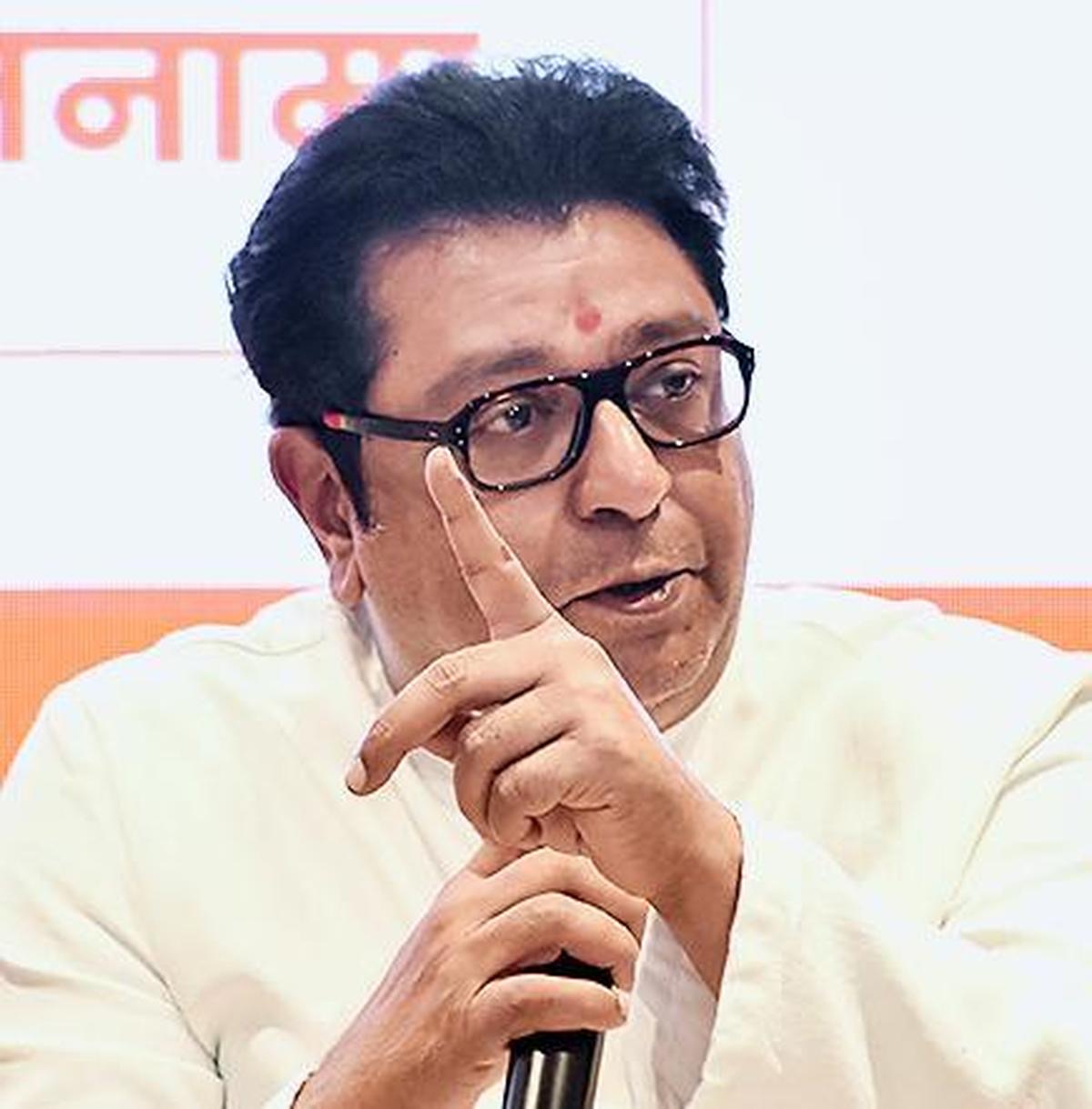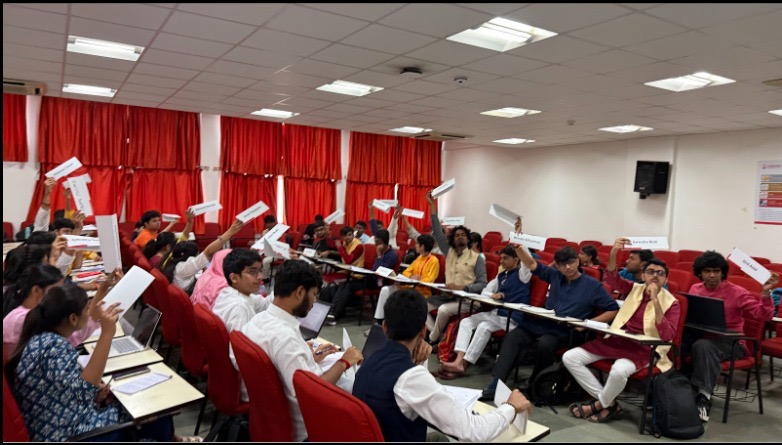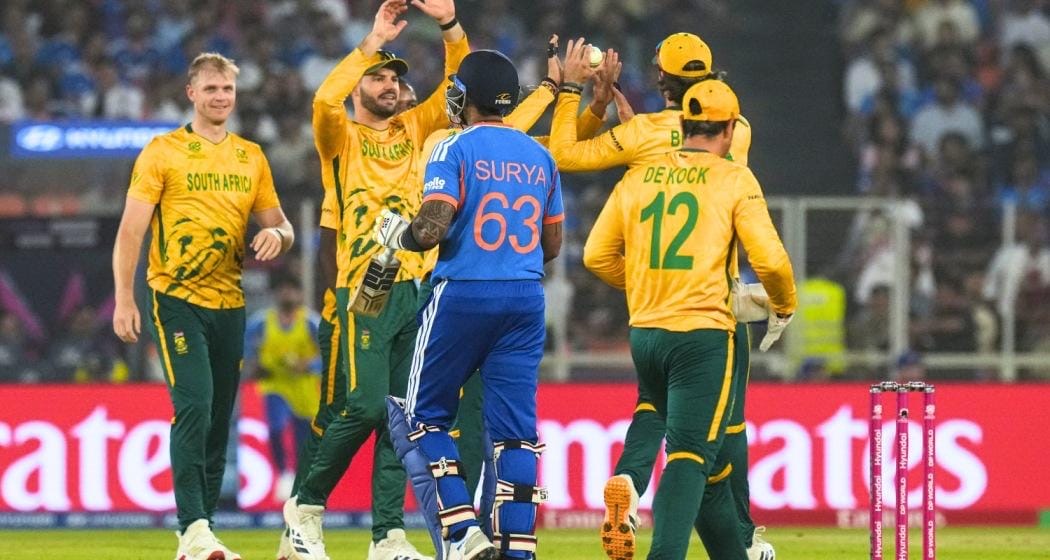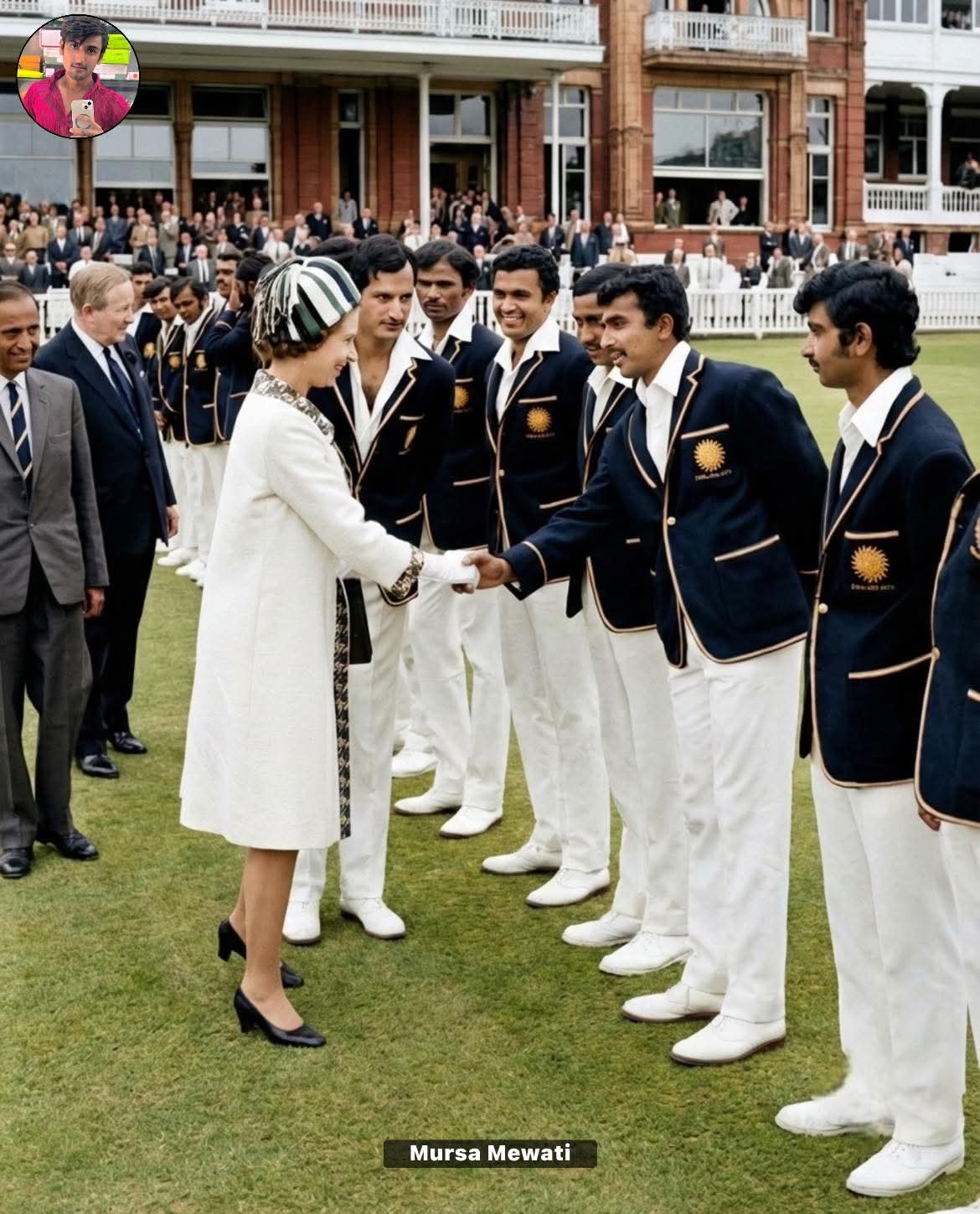4-non-maharashtrians express their love for the city

Amidst the ongoing Marathi language debate, 4 non-Maharashtrian Mumbaikars express their love for the city and call it a home.
Reportedly, the language issue has cropped up ahead of the civic body elections.
It is endorsed by politicians with an eye on upcoming civic polls. Those whose native tongue might not be Marathi, but whose hearts still beat with the Mumbai spirit.
The language wars are upon us again. It’s been a tumultuous few weeks since the Maharashtra government brought out a government resolution on April 16, making Hindi a compulsory language for classes 1 to 5.
Amid much public backlash, the government backtracked on June 17.
Now cut to July 5, when Uddhav Thackeray-led Shiv Sena (UBT) and Raj Thackeray’s MNS held a “victory” rally in Worli, expressing their joy at the rollback of a decision Raj labelled as a bid “to erase Marathi identity”.
Reportedly, On July 5, Uddhav Thackeray-led Shiv Sena (UBT) and Raj Thackeray’s MNS held a “victory” rally at NSCI Dome in Worli, expressing their joy at the rollback of a decision that Raj labelled as a bid to ”
Even as Maharashtrians balked over the “backdoor imposition” of Hindi, shop owners in Mumbai were once again being targeted for not speaking the language of the region. In a viral video from June 29, members of a political party were seen slapping a sweet shop owner at Mira Road for speaking in Hindi instead of Marathi. This comes even as the city gears up for the long-awaited civic polls.
It’s an old debate for a city that has for generations embraced all, irrespective of what language they speak.
Some media sources spoke to families whose native language is not Marathi, but who chose to make this city their home after falling in love with it. How do they feel about being in the middle of this language row.
And what does being a Mumbaikar mean to them?
When Vaishnavi Kanugula first moved here from Delhi eight years ago to join the BMM course at St Xavier’s College, she lived on nothing but poha for a month. It was the kindness of Mumbaikars that rescued her at a time when she was struggling to adapt to a new city and its unfamiliar cuisine.
“There was a snacks vendor outside her apartment from whom she would buy poha every day. After a month, he jokingly asked herb if she only ate poha for breakfast and lunch and she told him she didn’t know what else to eat. The man directed her to a dabba service solving her food conundrum. This kindness was not a one-off experience.
“So many times, she has asked people on the station platform for help. A few times people have even accompanied to the platform, explaining which train to catch, then rushing off to catch their own train.
Adding that Mumbaikars are always rushing, but they still make time to help people.
It’s the same kindness that ensured she had a home to return to after the being away during the COVID pandemic years. Her Parsi landlords – Adi and Banoo Kanga, “treat her like their granddaughter”. She was away for two years amidst the pandemic but didn’t want to give up the apartment. They never gave it to anyone else, accepting a small percentage of the monthly rent to keep it on hold for her. Last Diwali, they painted and did up the flat and surprised her with their generosity,” she says.
Kanugula admits that while she understands Marathi, she doesn’t speak it too well despite having lived here for eight years. She truly take it as her personal challenge. In spite of that, all she gets in Mumbai is love. Marathi people welcomed her by making an effort to speak Hindi, now it’s her turn to learn it for them.
“A lot of North Indians might not like what is she saying here, but she thinks the expectation to learn the language is not unwarranted. Ahe just hopes people realise she is trying
It hurts when someone is aggressive towards us.
Neha Sahara-Rane, 29
Travel agent; Third-generation Mumbaikar with roots in UP; Fluent in Marathi say they grew up in Chembur and speaks chaste Hindi.
One of the things Neha Sahara-Rane’s husband loves about her is that she is as Marathi as one can get. She married into a Marathi family in April, and in homage to both her Uttar Pradeshi ancestors and her own Marathi culture that she’s absorbed as a third-generation Mumbaikar, she wears both green bangles (Maharastrian) and red choodas (north Indian). “She is North Indian but if you enter her home, it’s just like any other Marathi home. She grew up in Chembur and her friends, neighbours, and now her husband are all Maharastrian. A lot of people, including her husband’s relatives, are still quite shocked at how fluently she speaks Marathi,” She recalls how someone saw her bangles while she was on her honeymoon and asked if she was north Indian or Maharashtrian. She’s said she’s both.”
It’s only in times like these, when the language row flares up that she struggles with her dual identities: she always tell people that no one can force a language on someone. When someone is aggressive towards north Indians it hurts. They love this city too. Why do people forget this?˜Feels like a loyalty test’
Mayank Mohanti, 30
Multimedia storyteller; Moved from Bangalore to Ghatkopar six months ago; Speaks few functional phrases in Marathi
Mayank Mohanti, moved to Mumbai six months ago and knows functional Marathi. Pic/Kirti Surve Parade
Mayank Mohanti has been here all of six months, and life in Maximum City has been brutal. And still, he loves it.
“The commute has been overwhelming, and the rent for a tiny one-bedroom is atrocious. But I’m completely in love with Mumbai – the local trains, the culture, the theatre, the hustle, vadapav everything,” says Mohanti, who moved here to work on a project restoring the heritage of Mumbai’s Koliwadas. “This insistence on knowing a language, anywhere, feels like a loyalty test. It shouldn’t be that if you don’t speak it, you don’t belong,” he adds.
“Someone fluent in the language might not necessarily cherish the culture. I work closely with the Koli community, yet not everyone who speaks the native language might fully grasp their way of life or their rich, deep-rooted history and stories. She isn’t saying.
She doesn’t want to learn Marathi, but it should be at her own pace. No one should feel pressured, or it just becomes homework,” he adds, telling us that he knows only functional phrases to get around the city.
Bangda, bhakri and buddies
Shalini Bhattacharya, 46
Corporate communications executive; Moved from Bengaluru to Powai; Speaks functional phrases in Marathi
Shalini Bhattacharya, loves her vada pav and cutting chai and more importantly she loves the city with all her heart.
The first time Shalini Bhattacharya came to Mumbai for a training session in 2002, she fell in love with how easily she could walk around at night, with no one judging or harassing her.
She was walking around at Worli seaface at 2 am, looking for some friends she was to meet. There were people hanging out on the streets, talking and laughing. No one even looked at her it was so freeing,” she says. In 2011, when she got a job offer in Mumbai, she jumped at the opportunity, she didn’t have to think twice,” she says chuckling.
Like most non-Marathi speakers who moved here as adults, Bhattacharya knows only a few functional phrases of the language. “When they say you have to learn the language, she personally find it a bit aggressive. However, she does see the flip side: it’s important to be able to at least speak a few basic words and sentences.
She doesn’t begrudge someone who asks them to learn basics like yes’, no’, thank you’, or how to ask for directions; it’s more than fair to expect this,” she adds.
They play the devil’s advocate and ask her if she thinks not learning the language indicates someone doesn’t respect the local culture? “Oh my god! No,” she says with an indignant huff. “I am just not good at languages by nature, but it has absolutely nothing to do with my respect for Marathi culture. In fact, most of my friends are Marathi,” she says.
Her voice quickly grows fond as she talks about them, “They feed her bangda [mackerel] and bhakri, she loves it! Also loves vada pav and this city; its people are noy people. I have never felt as safe, or welcomed in her
own hometown of Kolkata..
News Edit KV Raman


